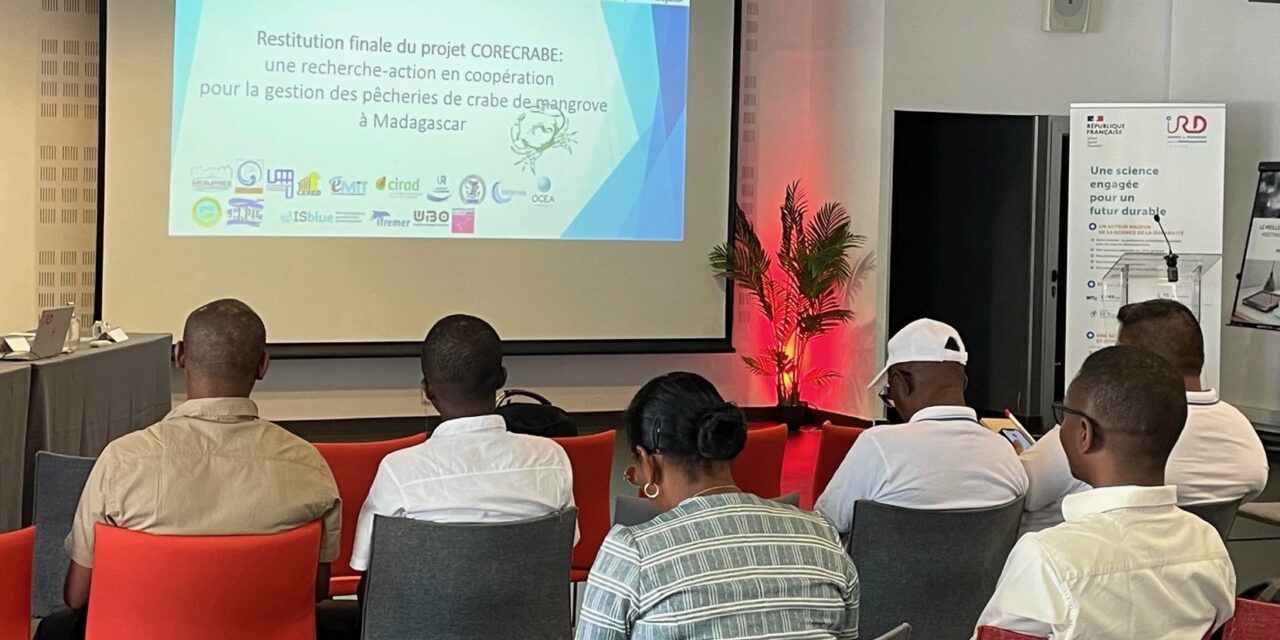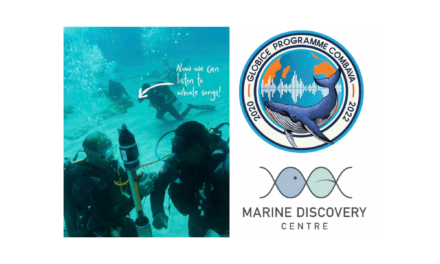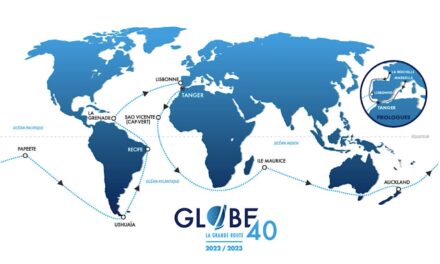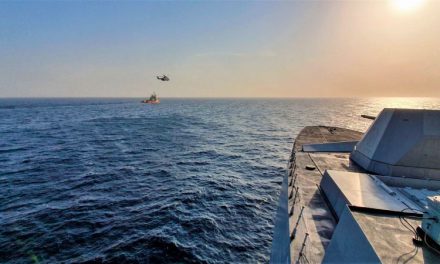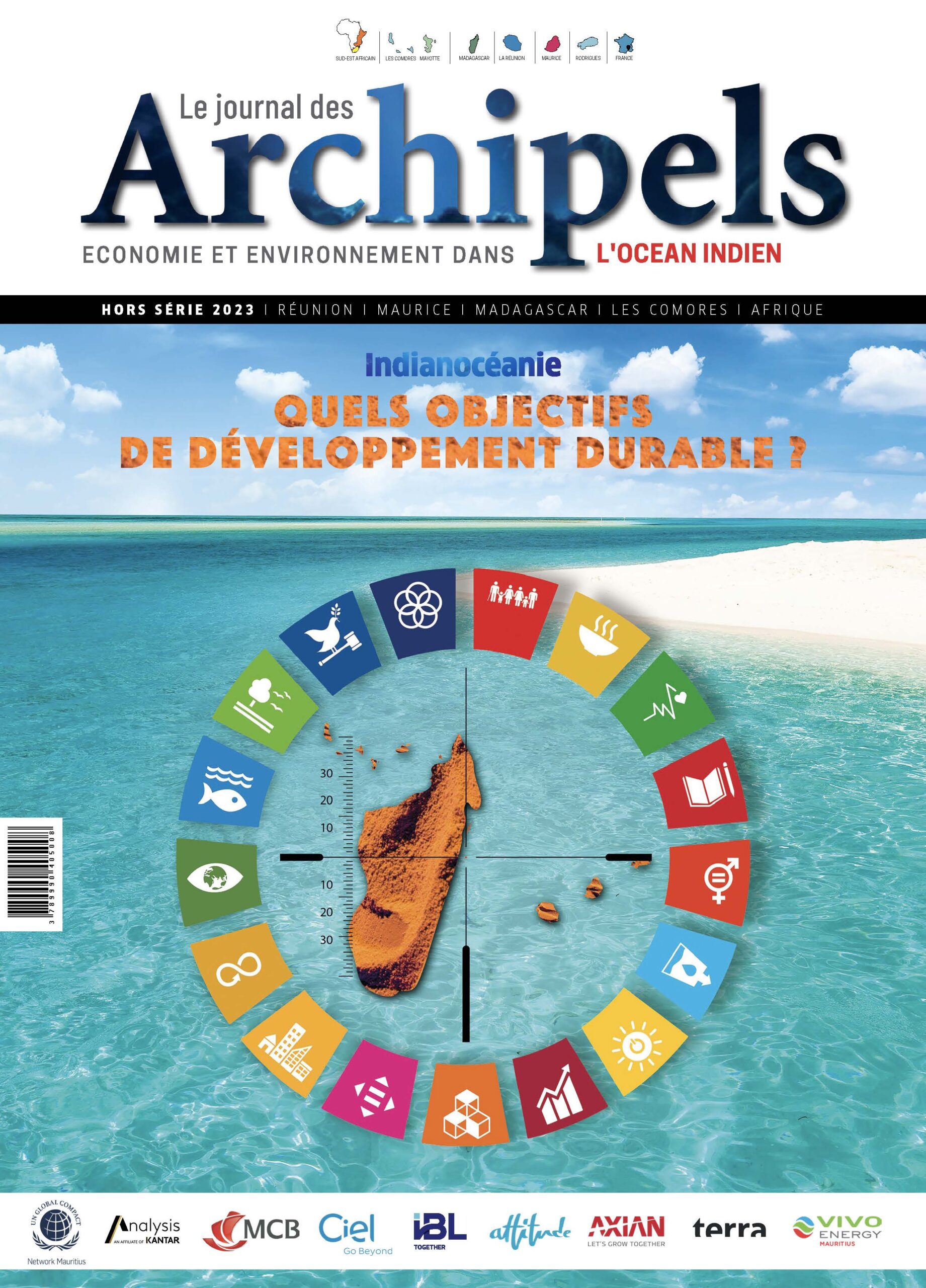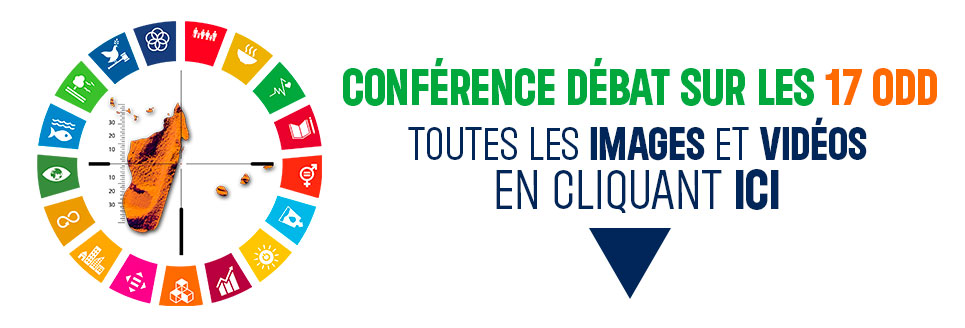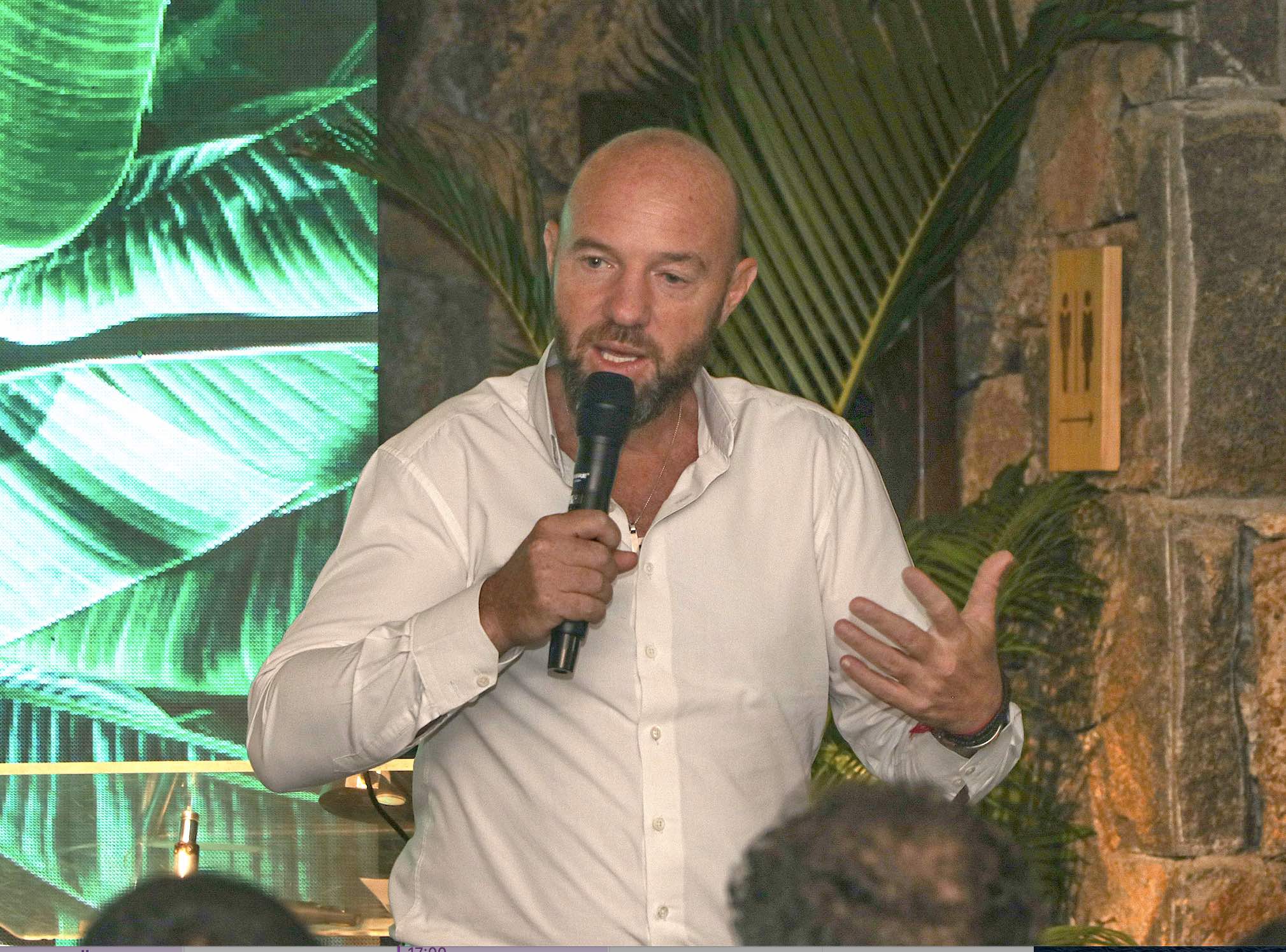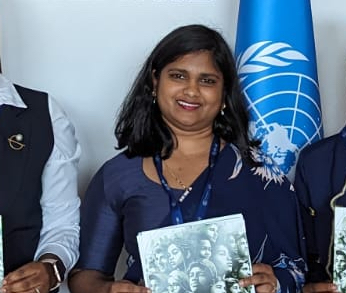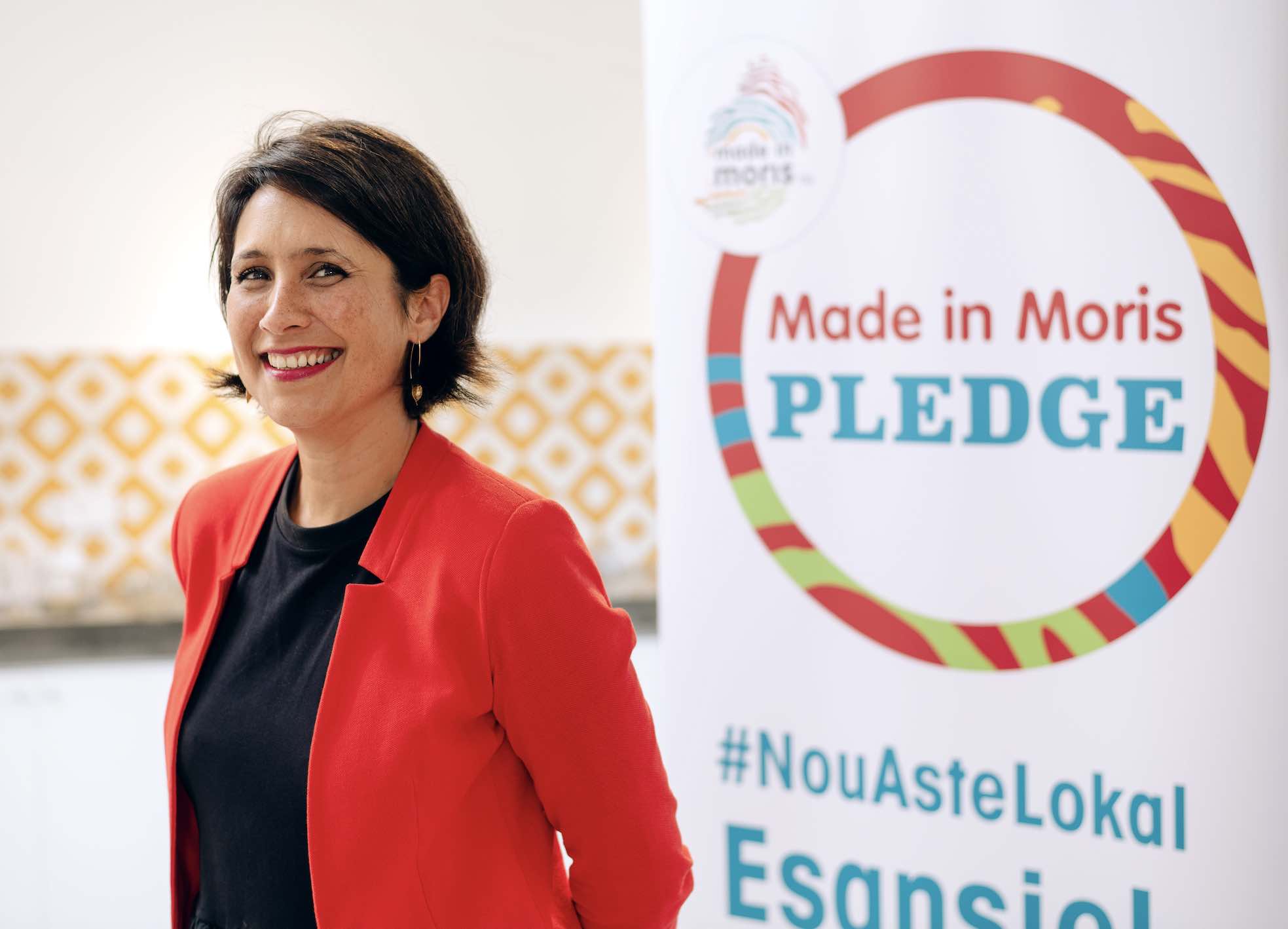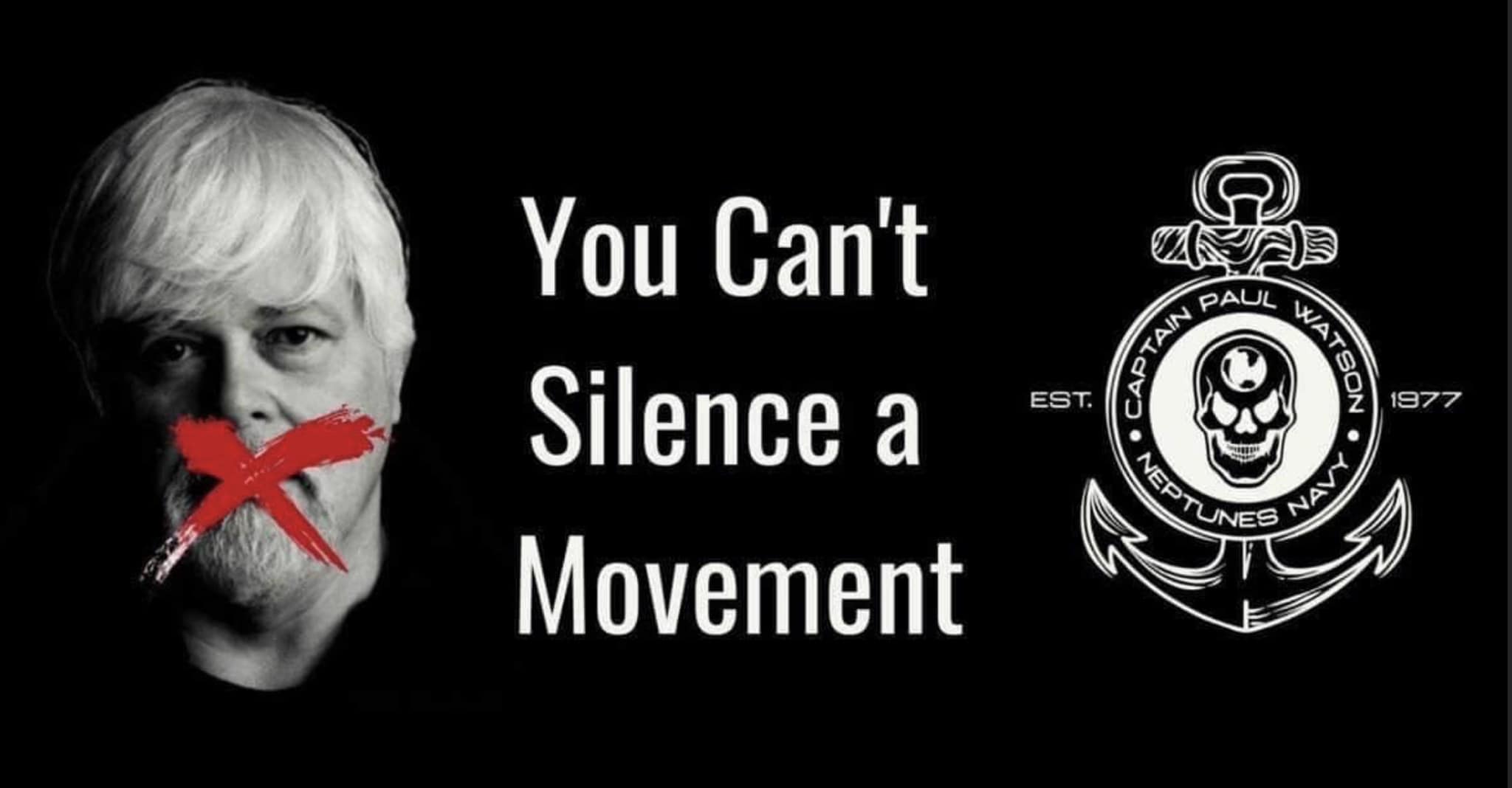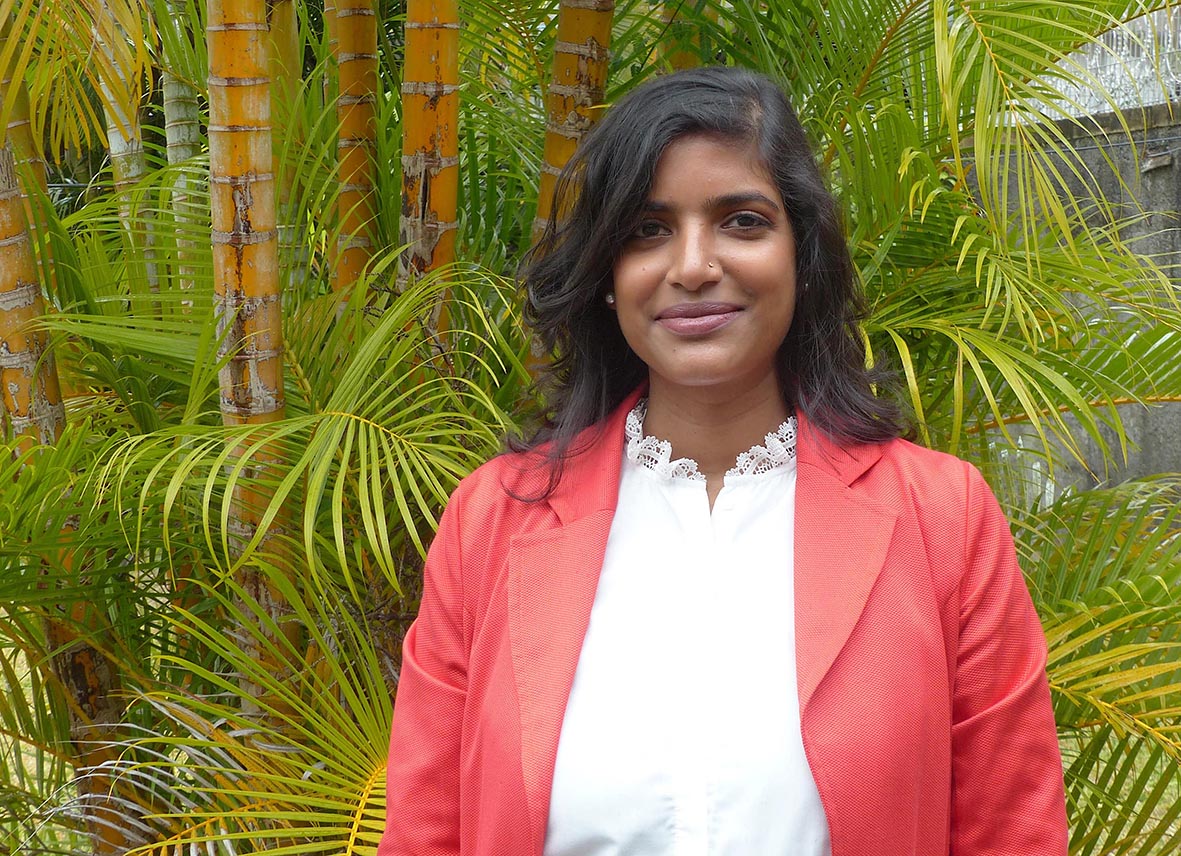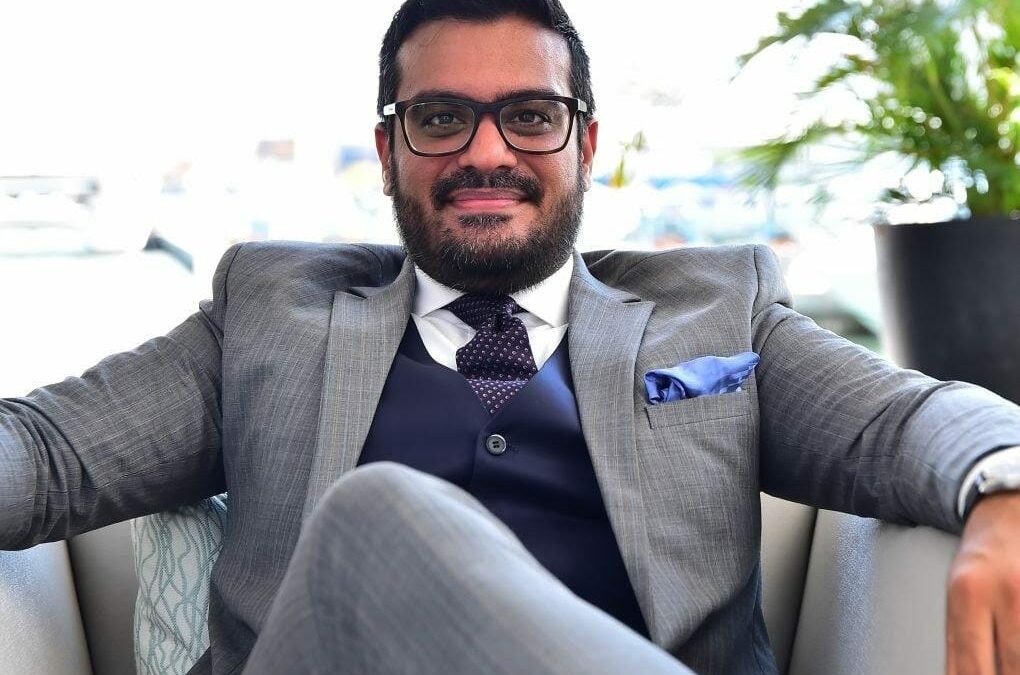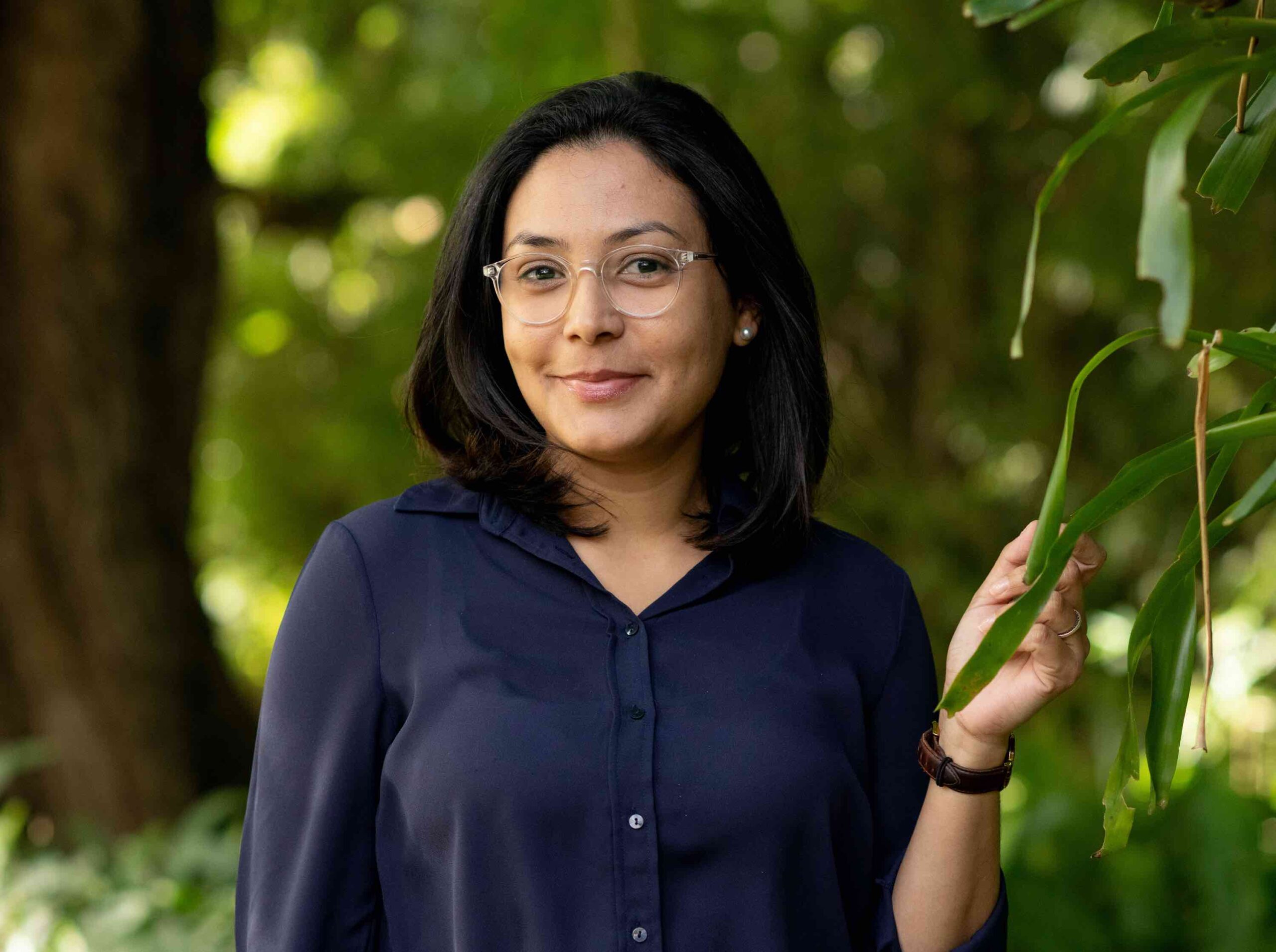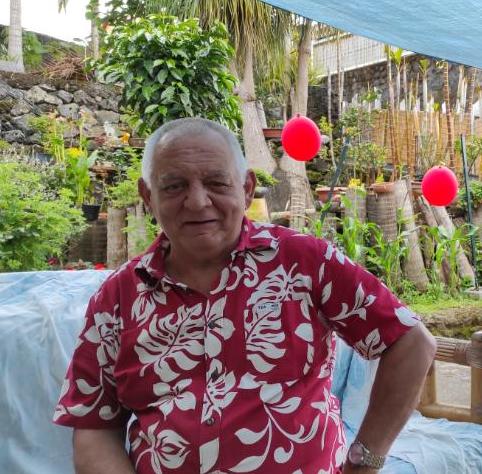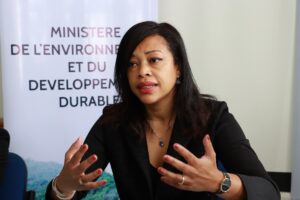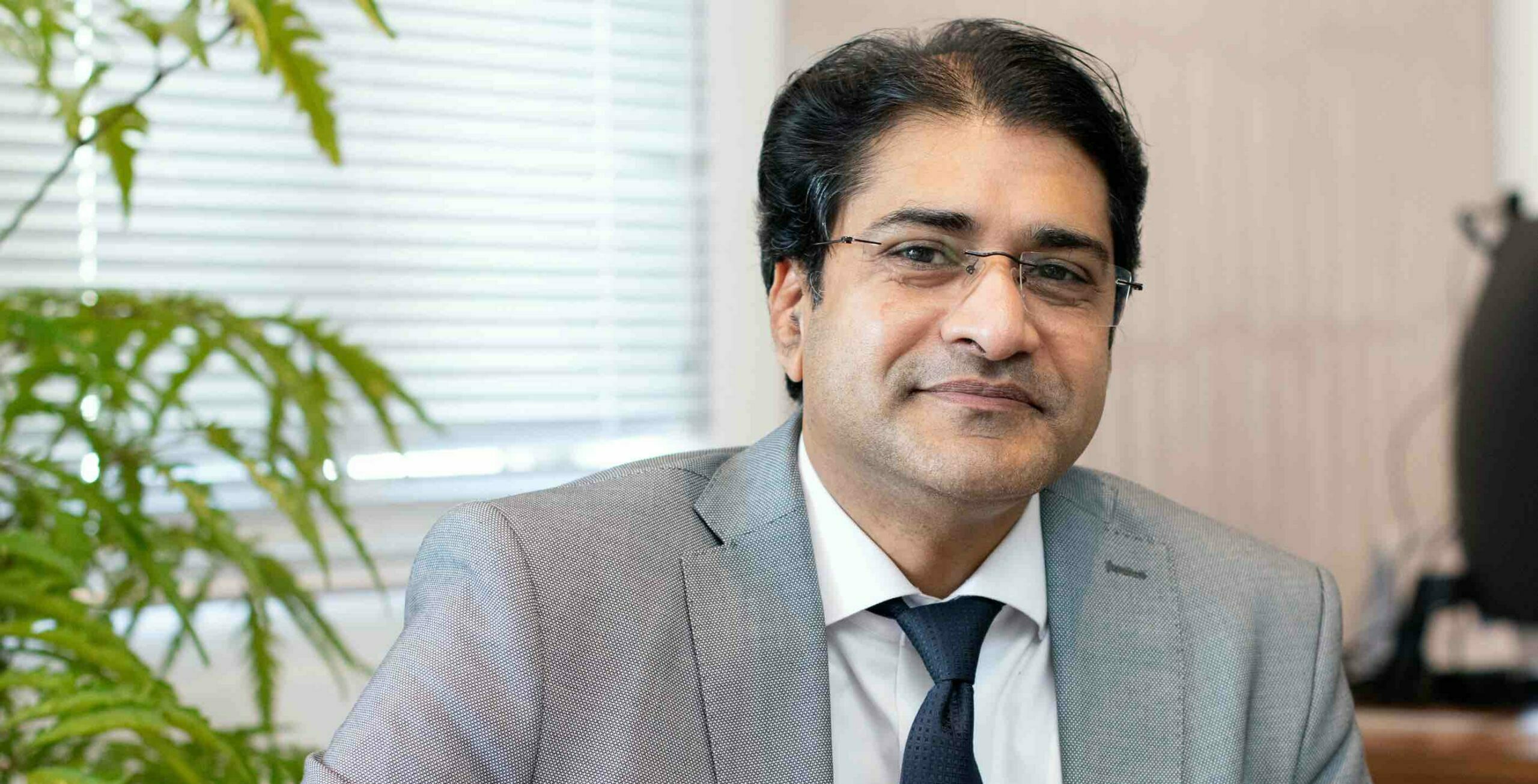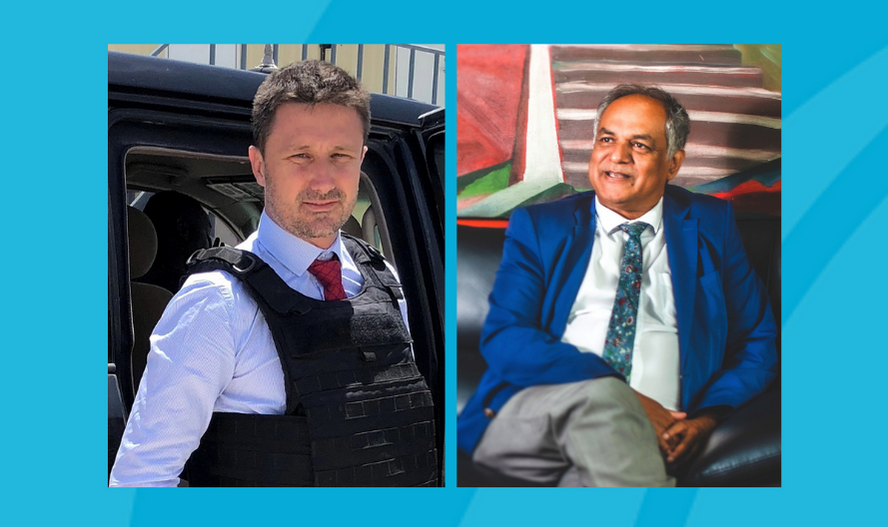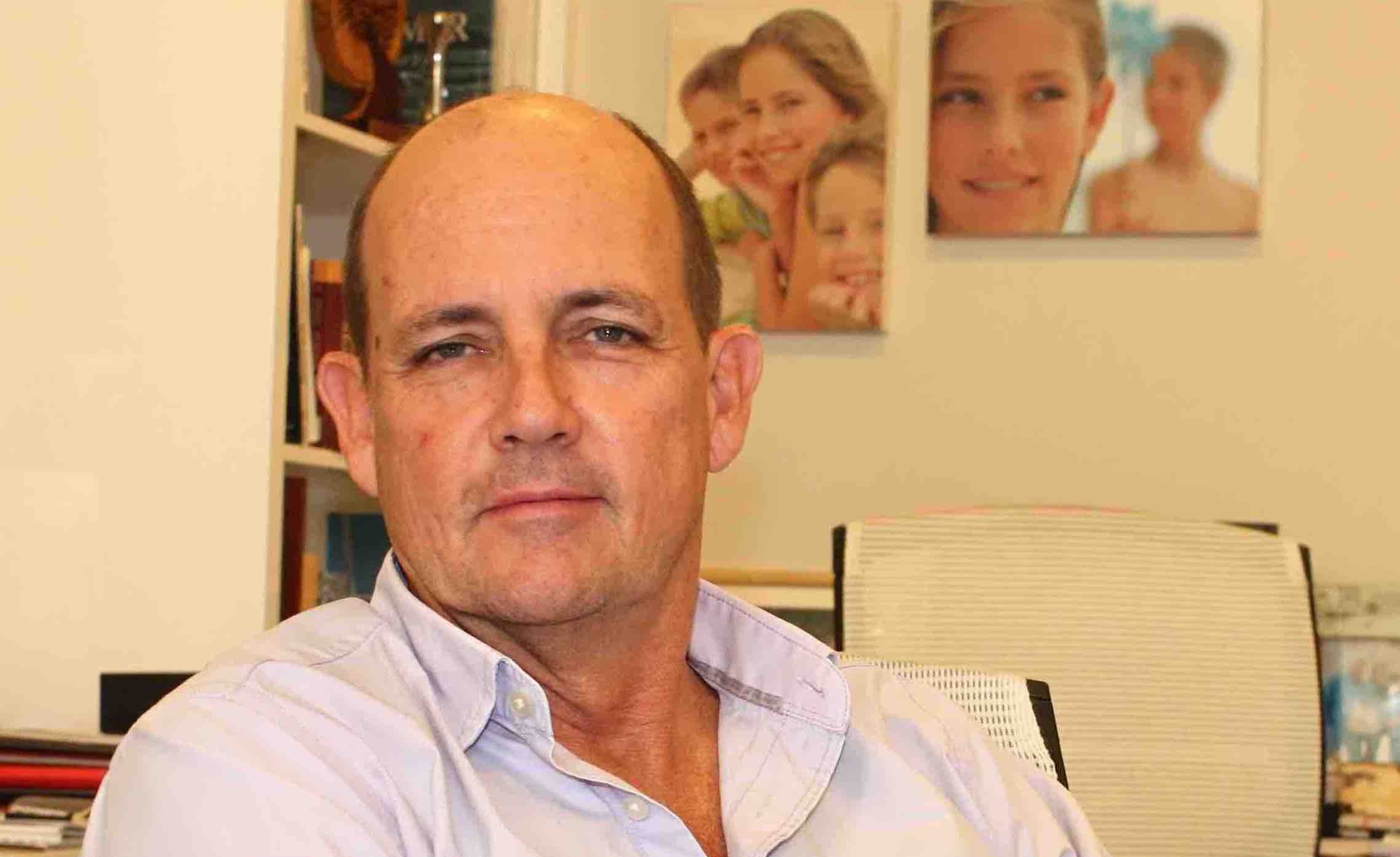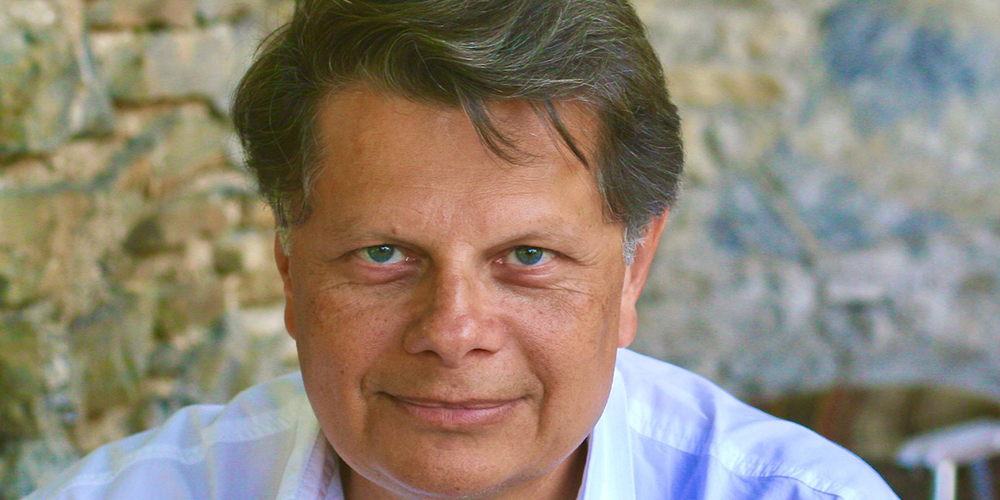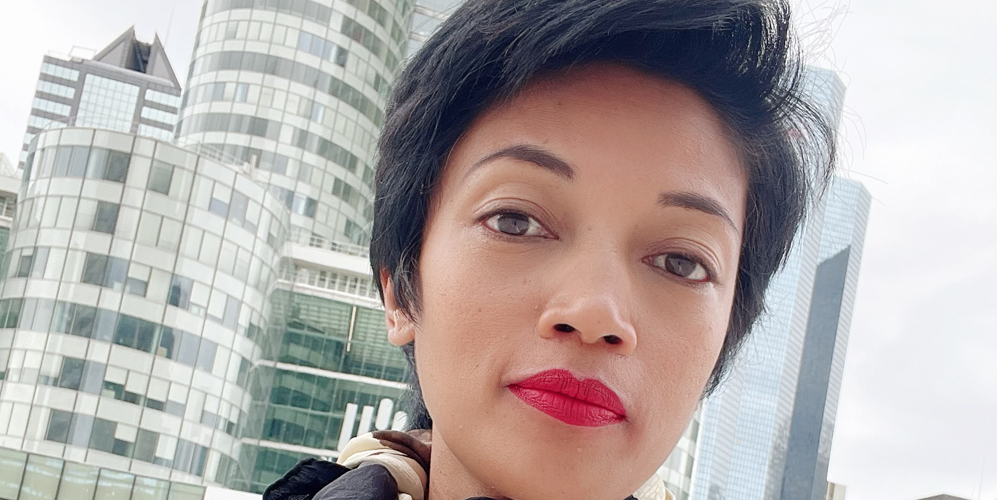After four years of research and field work, the IRD* presented on April 12 the results of the project for the development of the mangrove crab fishery in Madagascar. This is a major economic sector in the island which also benefits the territory of Reunion.
Initially, mangrove fishing was a secondary fishing activity intended for consumption within Madagascar. In the 1980s, its consumption was extended to the whole country. Then in 2013-2014, exports jumped, as the export of crabs, particularly to China, became predominant, putting the resource at risk. To meet market demand, catches have been multiplied by 10, even if fishing techniques remained traditional.
Launched in 2019, the CORECRABE project, which is supported by the European Union, the Region of Reunion and the State, through INTERREG funds, aims to gradually develop a concerted management of the resource in Madagascar in conjunction with several economic and institutional stakeholders. The CORECRABE project intervenes in the main mangrove areas of the country where crab exploitation is concentrated, namely Ambanja, Mahajanga, Morondava and Morombé/Toliara.
Valorization of the Malagasy scientific expertise and capacities.
The project has 3 scientific objectives. Firstly, to update the diagnosis of the sector carried out by the Smartfish project (IOC/EU), by assessing the changes that have occurred in the sector since 2012 and their impact on the economic, ecological, social and institutional levels at the local, regional and national levels; a major participatory monitoring system of the fishery has been set up with the RENAFEP-MADAGASCAR women’s network since the end of 2020 and a collaborative monitoring with 4 export companies is underway.
Secondly, the implementation of a collective strategy (synergies) and tools to support a sustainable management of the fishery and the sector. The project has made it possible to communicate information on the dynamics of the fisheries and to better coordinate the actions of Malagasy private and public actors (regional fisheries administrations, research organizations and NGOs, local communities, networks/platforms, etc.) at the regional level in these production areas.
Finally, the valorization of Malagasy scientific expertise and capacities in the field of coastal fisheries. The project has strengthened the research capacities of Malagasy institutions in the field of fisheries (in particular on the mangrove crab sector), and has enhanced them with the institutions in charge of fisheries and ecology on the one hand, and with private operators and local communities on the other.
After four years of research, CORECRABE researchers presented the results of their work at a restitution seminar on April 12 in the presence of researchers from Reunion and Madagascar. This restitution follows a first workshop that took place last November 17 and 18 in Madagascar. The aim was to discuss the main results of the research conducted on the mangrove crab fishery and on the sector since 2020, to propose courses of action to respond to the main problems related to resource management, and to engage political and scientific stakeholders and civil society in a collaborative research approach for the monitoring and evaluation of small-scale fisheries.
*Institute of Research for Development (France).


